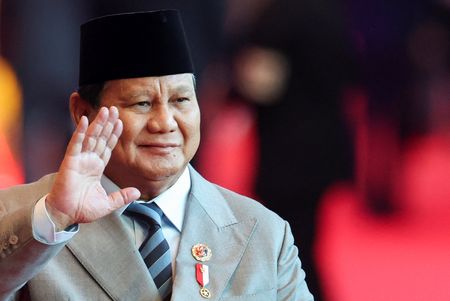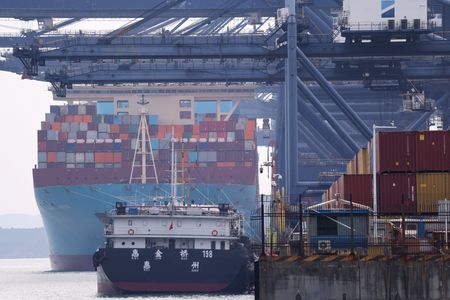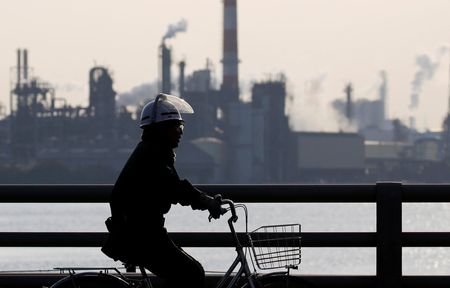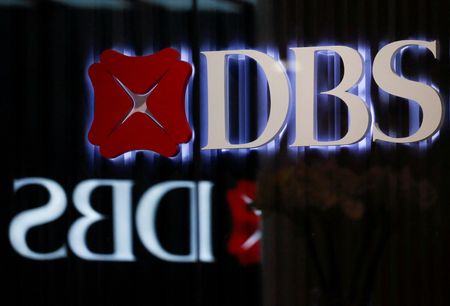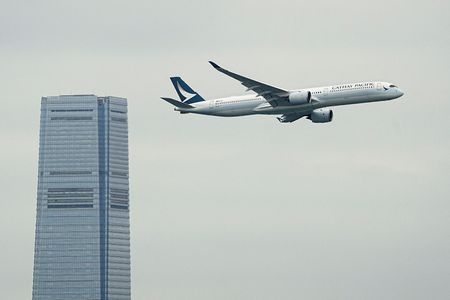By Uditha Jayasinghe
COLOMBO (Reuters) -Sri Lanka’s President Anura Kumara Dissanayake will unveil the national budget on Friday, emphasizing economic reforms to meet IMF targets critical to unlocking further financing from the global lender and attracting investment to revitalise growth.
Dissanayake, who is also the finance minister, swept to power late last year on a pledge to end corruption and stabilise the economy after a record dollar shortage triggered its worst financial crisis in decades in 2022.
Analysts suggest new taxes are unlikely in the budget, as revenue levels have remained consistent and will spill over into next year as the pace of the economic recovery strengthens.
Sri Lanka has been working to meet IMF conditions, including achieving a 2.3% primary surplus target and boosting public revenue to 15% of GDP for 2025.
The island nation’s economy grew by 5% last year, signalling gradually improving conditions from the depths of runaway inflation, a freefalling currency and a $22.5 billion debt default three years ago.
Sri Lanka requires sustained efforts to improve tax compliance, broaden the tax base, strengthen tax exemption frameworks and enhance public financial management among other measures, the International Monetary Fund said after its staff concluded a visit to the island nation last month.
Meeting IMF targets is critical to improving the nation’s credit rating after its default, enabling it to re-enter international financial markets to borrow and repay debts starting in 2028.
Sri Lanka is drafting tax laws to attract foreign investment, an essential component of the reforms for securing the sixth IMF tranche of $347 million by year-end. The sixth tranche brings the total money unlocked under the lender’s nearly $3 billion support programme to the island nation to about $2.04 billion.
The IMF programme commits Sri Lanka to restructuring loss-making state enterprises, implementing land and labour reforms, and adjusting tax policies to incentivise investment.
“We think that with a combination of these structural reforms and smarter investment policy, Sri Lanka can see 5% to 6% growth over the medium term,” Arvind Nair, World Bank Senior Economist for Maldives, Nepal, and Sri Lanka, told Reuters.
The World Bank projects growth at 4.6% in 2025 and a slower pace of 3.5% in 2026.
(Reporting by Uditha JayasingheEditing by Shri Navaratnam)




